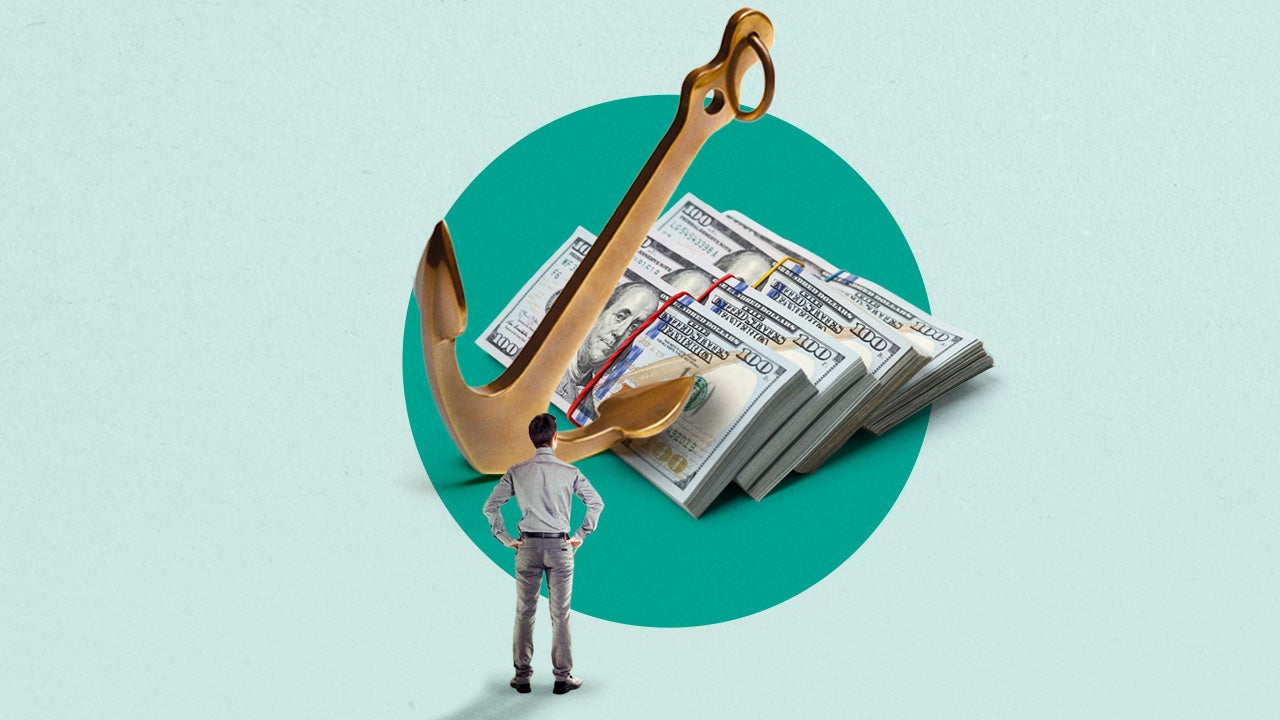Pros and cons of credit unions




Key takeaways
- Credit unions typically offer better rates on savings and lower rates on loans compared to traditional banks.
- Membership is required and may have specific eligibility requirements based on location, employer or affiliation.
- Your deposits are federally insured up to $250,000, just like at banks, providing the same level of protection.
A credit union is a not-for-profit bank owned by its members. Credit unions typically offer higher savings rates and lower loan rates than regular banks because they give profits back to members instead of shareholders. But you have to qualify for membership and might deal with fewer locations or older technology.
Here’s what you need to know about credit union pros and cons.
Benefits of a credit union
Credit unions offer a few key advantages over regular banks. The biggest benefit is better rates because they work for members, not outside investors.
Better rates and lower fees
Credit union profits go back to members, who are also shareholders. Additionally, banks pay federal and state taxes on their profits, while credit unions enjoy tax-exempt status as not-for-profit organizations. This structure allows credit unions to offer higher savings account rates and lower loan rates. You’ll often find better yields on certificates of deposit (called share certificates at credit unions) and more competitive rates on mortgages and auto loans.
Large credit unions like Navy Federal Credit Union offer product lineups that rival many banks. You’ll find checking accounts, savings accounts, money market accounts, share certificates, mortgages, auto loans, student loans and credit cards.
Enhanced safety and security
Credit unions often provide greater stability during financial crises because they focus on serving members rather than maximizing profits for shareholders. This member-focused approach typically leads to more conservative investment strategies and lower-risk lending practices.
Credit unions are federally insured up to $250,000 per person through the National Credit Union Administration (NCUA). That’s the same protection you get at banks via FDIC insurance.
Personalized services and member focus
Credit unions typically provide more personalized customer service because they’re locally focused and member-owned. You’re more likely to speak with the same representatives and receive customized financial advice based on your specific situation.
WWant to see how credit unions compare? Check out Bankrate’s best banks guide to compare all your options.
Disadvantages of using a credit union
Credit unions have a few disadvantages that might make traditional banks or online banks a better choice for your needs. These limitations primarily stem from their smaller size and regional focus.
Membership requirements restrict access
Credit unions require customers to meet specific eligibility criteria, which might include living in a certain area, working for a particular employer or belonging to a specific organization. While many membership requirements are lenient — sometimes requiring only a small deposit or donation — this still creates an extra step that banks don’t require.
Limited branch and ATM networks
Credit unions tend to have fewer branches than traditional banks. A credit union may not be close to where you live or work, which could be a problem unless your credit union is part of a shared branch network, such as CO-OP, or a large ATM network such as Allpoint or MoneyPass.
But many credit unions do offer access to such networks. For example, more than 5,600 credit union branches and 30,000 ATMs are part of CO-OP. MoneyPass has about 40,000 ATMs, and AllPoint more than 55,000. Bank of America, by comparison, has only 15,000 ATMs. Membership at one of these credit unions gives you access to fee-free banking with the entire network.
Online banks offer better rates
While credit unions typically beat traditional bank rates, online banks often offer even higher savings account yields and more competitive loan rates due to lower overhead costs.
Technology limitations
Because credit unions are generally smaller than major banks, they may offer less advanced digital banking tools. You might find fewer mobile banking features, less sophisticated online platforms or limited integration with popular financial apps and services like Zelle for peer-to-peer payments.
Are credit unions good for savings?
Credit unions are good for savings, but not always the best choice. They usually pay better rates than regular banks but often less than top online banks.
Credit unions work well when:
- You want good rates plus personal service
- You prefer local, community banking
- You need multiple products from one place
- You like financial education and member perks
Online banks are better when:
- You want the absolute highest rates
- You’re comfortable banking online only
- You don’t need local branches
- You want the newest mobile features
Compare current rates on high-yield savings accounts to see what pays the most.
How to choose a credit union
Selecting the right credit union requires evaluating both your eligibility and how well the institution matches your financial needs and preferences.
- Research membership requirements. Start by identifying credit unions you’re eligible to join. Check whether you qualify through your employer, location, military service, family connections or membership in specific organizations. Many credit unions have broadened their membership criteria, so you might have more options than you initially think.
- Evaluate convenience factors. Consider the credit union’s branch locations, ATM networks and digital banking capabilities. If you prefer in-person banking, ensure branches are conveniently located. For digital banking, test their mobile app and online platform to ensure they meet your needs.
- Compare rates and fees. Look at savings account rates, loan rates and fee structures. Use Bankrate’s comparison tools to see how credit union offerings stack up against traditional banks and online banks.
- Verify insurance coverage. Ensure the credit union is federally insured by the NCUA. This provides the same $250,000 protection per depositor that FDIC insurance offers at banks.
- Access product offerings. Make sure the credit union offers the specific products and services you need, whether that’s particular types of loans, investment services or specialized accounts.
Bottom line
Credit unions can be great choices if you want better rates than regular banks plus more personal service. But they’re not automatically better than every other option.
Before you decide anything, compare current rates and fees everywhere. The goal is finding the mix of products that puts the most money in your pocket while giving you the banking experience you actually want.
Why we ask for feedback Your feedback helps us improve our content and services. It takes less than a minute to complete.
Your responses are anonymous and will only be used for improving our website.




